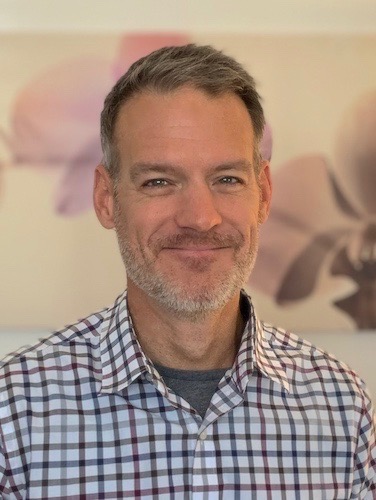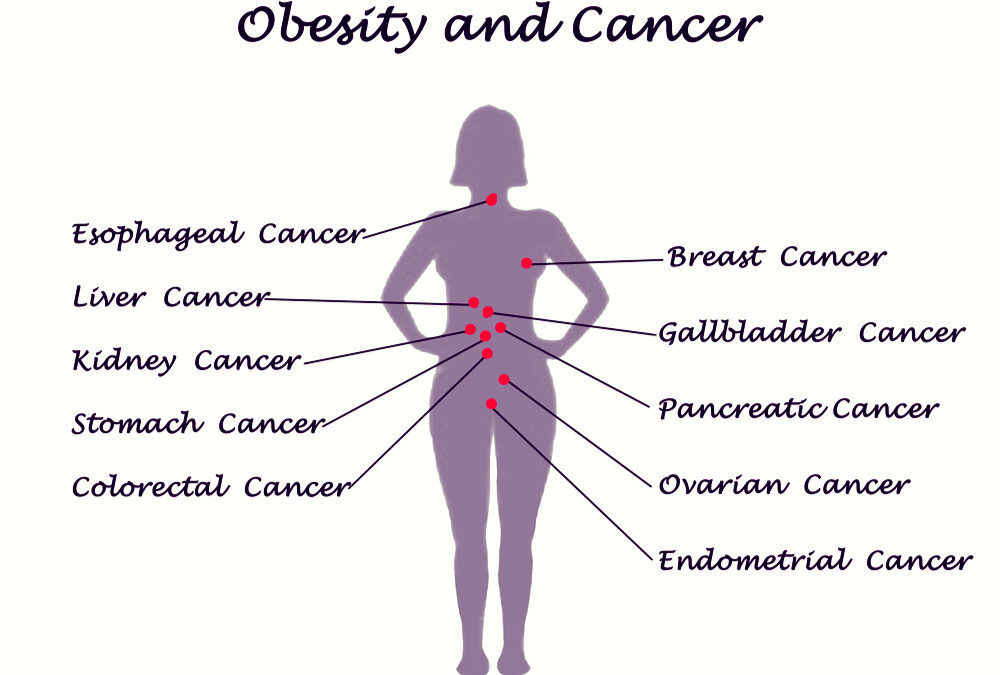In my pursuit of women’s cancer cures I’ve found that scientifically proven lifestyle interventions are often overlooked by patients and providers alike. To improve awareness on the link between obesity and uterine cancer (as well as many others), we need to facilitate and support crucial conversations between patients and physicians.
They always say time changes things, but you actually have to change them yourself.
Andy Warhol
The Obesity Toolkit, developed by the Society of Gynecologic Oncology in 2014, provides the resources to do just that. Their short video, Obesity & Endometrial Cancer: A Patient’s Guide, highlights the connection between weight and cancer outcomes; losing even 5 or 10 pounds improves overall health while decreasing the risk of cancer recurrence, heart disease, and early death from other causes.
Obesity-Related Cancers and Implementing Behavioral Change

A new cancer diagnosis often makes health priorities the focus of everyday life. So, how can healthcare professionals best support patients who are facing health crises? In the latest episode of It’s Time You Knew, I discuss this with Caelin White, MD, a registered clinical and sport psychologist based in Winnipeg, Manitoba.
The first priority in a health crisis, such as a cancer diagnosis, is stabilization. By evaluating the quality of someone’s sleep, not just the duration, we can assess, and then help them enhance, their ability to cope with stress. Next is lifestyle and exercise – movement is medicine! Third is mindfulness training and developing the capability to observe oneself in real time without judgement. Optimizing sleep, exercise, and mindfulness changes our physiology and immediately improves our sense of well-being and resiliency in coping with stress.
In the process of behavioral change, we need to analyze our successes and failures while detaching the emotional reactions that accompany them. Perfectionism may limit our ability to move forward due to fear of failure. Yet, failure is part of the process; each one teaches us valuable lessons for tomorrow but ruminating on these failures creates a negative feedback loop. Letting go of this and planning for success moves us forward quicker. Celebrating and embracing our success helps us build self-efficacy and confidence, making us more likely to succeed in the future.
If you can confront your situation and own your power to change, your health care team will be there to celebrate with you.
Together we can succeed in preventing many cancers. Sign up below for my newsletter to stay up to date on using lifestyle to beat cancer.



Recent Comments